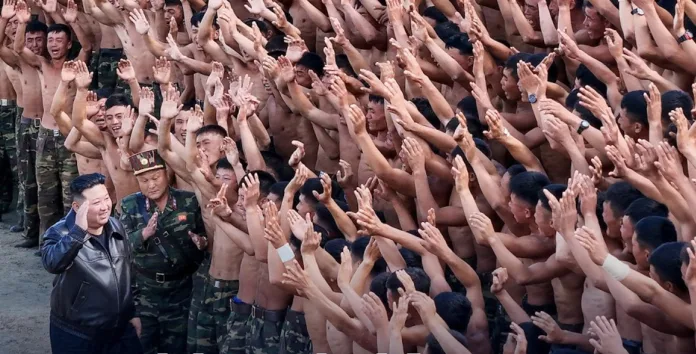A revealing development in global defence relations has emerged as South Korea divulges the presence of North Korean soldiers purportedly supporting Russian military operations in Ukraine. This unexpected alliance raises concerns about the shifting dynamics of international military cooperation and its implications for global security. The collaboration highlights a complex web of geopolitical alliances, as countries navigate interlinked regional conflicts and ideological alignments. North Korea’s involvement with Russia illustrates its strategic partnerships, likely motivated by mutual geopolitical interests and a shared opposition to Western dominance. This development also places South Korea and its allies, including the US, in a precarious position, demanding recalibrated defence strategies to address new security challenges. As the world observes these evolving relationships, the intricate dance of diplomacy, influence, and power projection plays out on an international stage, with far-reaching consequences for global peace and stability.
Perspectives
Perspective 1: Some military analysts argue that North Korea’s involvement with Russian forces in Ukraine signals a strategic effort to bolster its international standing and leverage relationships with powerful allies. This perspective highlights the mutual benefits for North Korea and Russia in opposing Western policies and expanding their influence in global conflicts. Analysts here view these alliances as an extension of North Korea’s longstanding defiance against Western sanctions and diplomatic isolation.
Sources:
Perspective 2: Conversely, critics raise alarms over the implications of such alliances on regional and global stability. They underscore the potential for increased tensions and the risk of new conflicts erupting in Asia and Europe. This viewpoint calls for greater international cooperation to mitigate risks associated with these defence alignments and advocates for diplomatic engagements to contain potential escalations, emphasizing the need for dialogue over military confrontations.
Sources:
Perspective 3: Other geopolitical experts propose that these developments could open avenues for strategic dialogues among major powers, potentially reshaping defence policies and alliances. By engaging with North Korea through these channels, there might be opportunities to influence its behaviour and encourage more constructive participation in international dialogues. This view advocates a nuanced approach, balancing deterrence with engagement to address the complex geopolitical landscape.
Sources:
